MELHOR FILME
THE BROADWAY MELODY
The Broadway Melody (Melodia na Broadway (título no Brasil) ou A Melodia da Broadway (título em Portugal)) é um dos primeiros filmes musicais da história do cinema, dirigido por Harry Beaumont e lançado nos Estados Unidos da América em 1 de fevereiro de 1929. O roteiro é de Norman Houston e James Gleason, baseados em história original de Edmund Goulding.
Foi interpretado por Anita Page, Bessie Love, Charles King, Jed Prouty e Ken Thomson, entre outros.
A história centra-se nas irmãs Mahoney - Hank (Bessie Love) e Queenie (Anita Page) - uma dupla de atrizes que vai para a Broadway tentar a sua sorte. Hank namora com Eddie (Charles King), um ator da Broadway que se vai apaixonar pela irmã que, por sua vez, é cortejada por Jock Warriner (Ken Thomson), um membro da alta sociedade de Nova Iorque. Entretanto, demora algum tempo até que Queenie perceba que é apenas um brinquedo para Jock, assim como leva algum tempo até que Hank perceba que o namorado está apaixonado pela irmã.
Foi o primeiro filme integralmente sonoro da MGM. Venceu o Oscar de Melhor Filme e foi nomeado para mais dois: Melhor Realizador e Melhor Atriz (Bessie Love).
Broadway Melody (The Broadway Melody) - également appelé Amours de danseuses - est un film musical américain de Harry Beaumont, sorti en 1929.
Il s'agit du premier long métrage entièrement parlant. Le film a reçu l'Oscar du meilleur film lors de la 2e cérémonie des Oscars en avril 1930.
Ce film musical entièrement parlant est considérée comme le symbole de la fin de l'âge d'or du cinéma muet, qui avait débuté en 1910 et prendra fin en 1930.
Un couple de danseurs venus rendre service à une amie productrice en détresse voit leur duo voler en éclats par un imbroglio amoureux.
The Broadway Melody is a 1929 American musical film and the first sound film to win an Academy Award for Best Picture. It was one of the first musicals to feature a Technicolor sequence, which sparked the trend of color being used in a flurry of musicals that would hit the screens in 1929-1930. Today the Technicolor sequence is presumed lost and only a black and white copy survives in the complete film. The film was the first musical released by Metro-Goldwyn-Mayer and was Hollywood's first all-talking musical.
The film was written by Norman Houston and James Gleason from a story by Edmund Goulding, and directed by Harry Beaumont. Original music was written by Arthur Freed and Nacio Herb Brown, including the popular hit "You Were Meant For Me". The George M. Cohan classic "Give My Regards To Broadway" was also given its talkie debut in the film. Bessie Love was nominated for an Academy Award for Best Actress for her performance.
The plot involves the romances of musical comedy stars, set against the backstage hubbub of a Broadway revue. Anita Page and Bessie Love play a vaudeville sister act who have come to New York for their big break on Broadway. Charles King plays the song-and-dance man whose affection for one sister (Harriet alias Hank) is supplanted by his growing love for the younger, more beautiful sister (Queenie). Queenie tries to protect her sister and derail the love triangle by dating a wealthy but unscrupulous "stage door Johnny."
MELHOR ATOR
WARNER BAXTER, pelo filme IN OLD ARIZONA
MELHOR ATRIZ
MARY PICKFORD, pelo filme COQUETTE
MELHOR DIRETOR
FRANL LLOYD, pelo filme THE DIVINE LADY






.jpg)








.jpg)








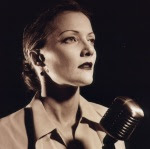





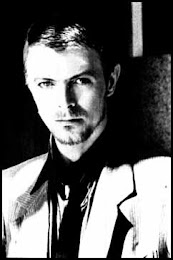

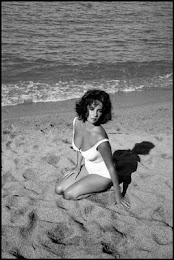

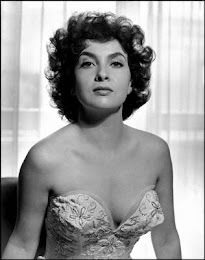

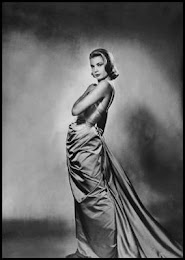



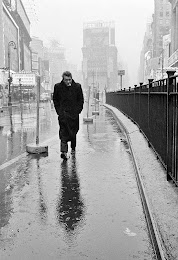
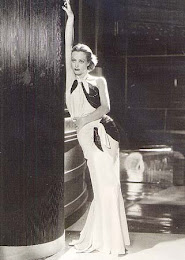
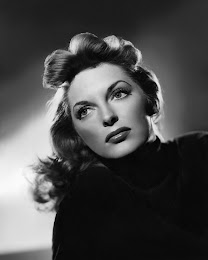








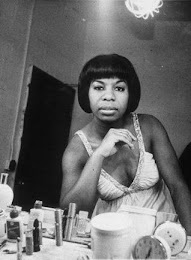
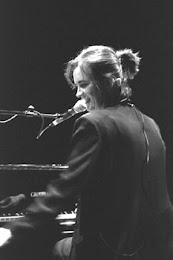




Nenhum comentário:
Postar um comentário